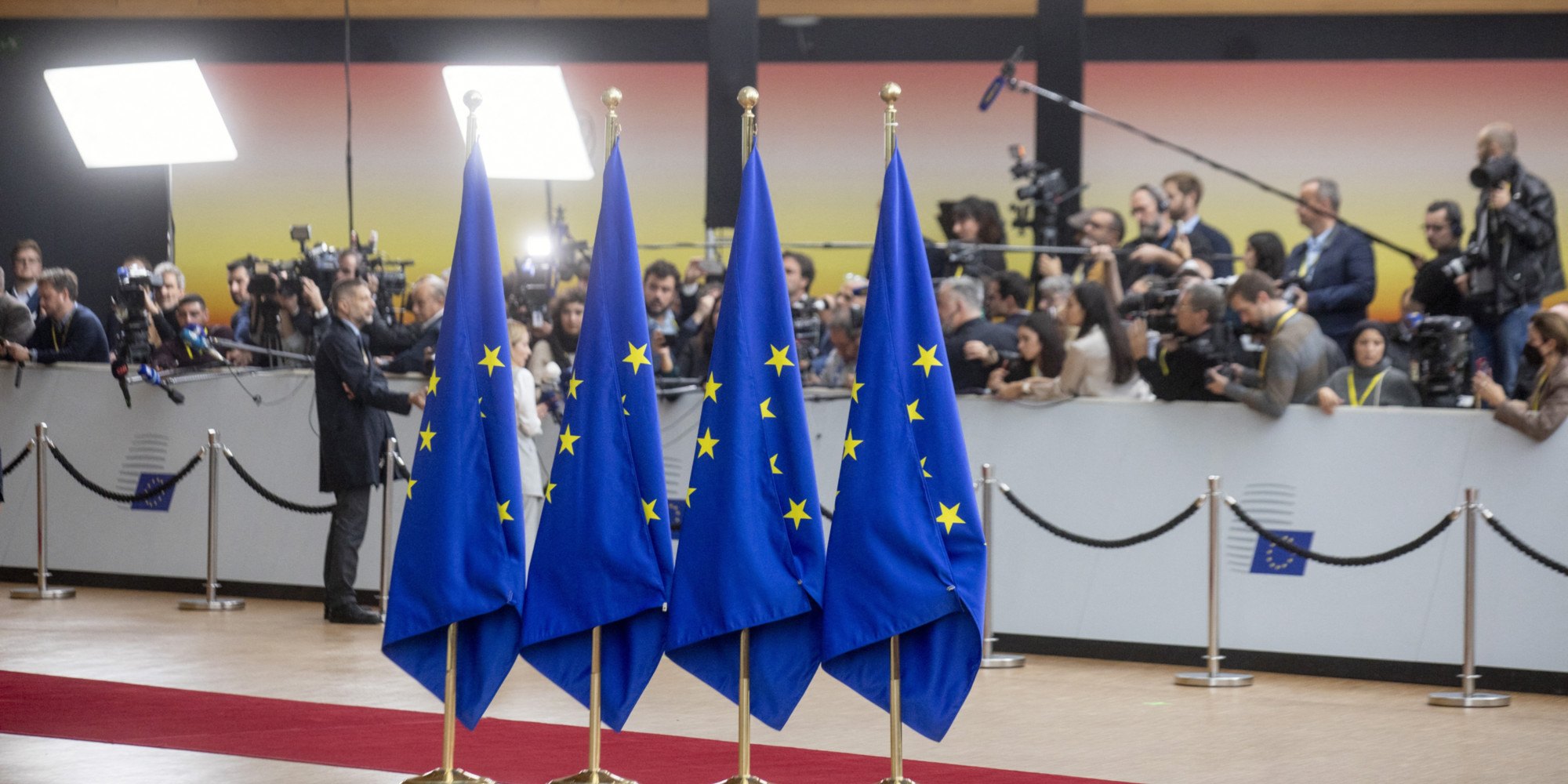Several European leaders expressed their concern in Brussels on Thursday about the possible migratory consequences of the war between Israel and Hamas, fearing experiencing a situation similar to the refugee crisis of 2015. This issue is particularly monitored by the Twenty-Seven, so that the EU welcomes some 4 million Ukrainian refugees and that the increase in asylum applications is putting the reception capacities of many countries under pressure.
“This conflict will certainly be accompanied by another big wave of illegal immigration,” said the outgoing Polish Prime Minister, Mateusz Morawiecki. The nationalist leader, like his Hungarian counterpart Viktor Orban, linked this issue to the “risk of terrorism”. “Stability (of the region) is in the interest of Europeans,” Viktor Orban said. “If Israel and Egypt become unstable, migratory flows from (this region) will immediately come to Europe,” he said.
The question of the extension of the conflict in Lebanon
Cypriot President Nikos Christodoulides was particularly concerned about an extension of the conflict in Lebanon. “This is something we are going to talk about,” he said, hoping that the EU would be “ready to respond to this problem” and help “frontline countries” like his. The President of the European Parliament Roberta Metsola also mentioned this risk. “If there is an extension (of the conflict), we must think of refugees, like the Syrian refugees in Lebanon,” said the Maltese official.
“It is a reality which could bring us back to a situation already experienced (…) 2015 showed us what could happen in this or that scenario,” she continued. Since the attack by Palestinian Hamas against Israel on October 7, daily clashes have pitted Lebanese Hezbollah and its allies against Israeli forces on Lebanon’s southern border. In 2015, Europe was taken by surprise by an influx of refugees, mainly Syrians, caused by a stagnation of the conflict in this country, but also by a deterioration of living conditions in the Syrian refugee camps in Turkey, in Lebanon and Jordan.
“Strategic partnership” with Egypt
Lebanon, currently plunged into a deep political and economic crisis, has the highest ratio of refugees per capita in the world, according to the UN refugee agency (UNHCR). Nearly 800,000 Syrian refugees in Lebanon are registered with the UNHCR, according to data published in August. The United Nations High Commissioner for Refugees, Filippo Grandi, also warned last week of the consequences of an escalation of the conflict, recalling in particular that Egypt was welcoming hundreds of thousands of refugees from Sudan.
In a letter addressed to the leaders of the 27 member countries before the summit, the President of the European Commission Ursula von der Leyen stressed the need to establish a “strategic partnership” with Egypt intended in particular to fight against irregular immigration in the EU. “Egypt’s role is essential for the security and stability of the Middle East, it hosts a growing number of refugees and we have a responsibility to support it,” she argued. The EU signed a partnership of this type with Tunisia in July, aiming in particular to reduce the departure of migrants from the Tunisian coast and providing for European aid of several hundred thousand euros.
